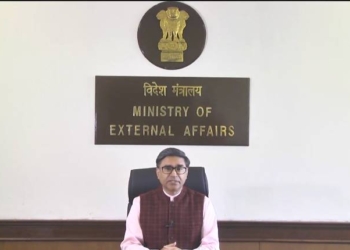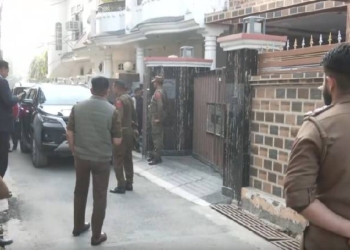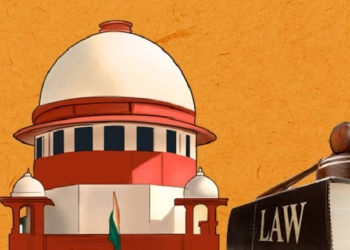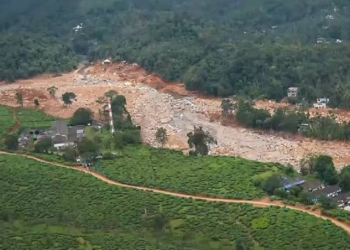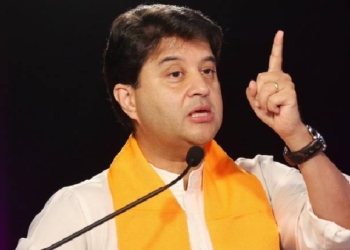New Delhi: Five years back, the Centre, on August 5, 2019, abrogated Article 370 of the Constitution, which conferred special status to Jammu and Kashmir, and on the same day, a reorganisation bill was introduced in Parliament, downgrading and bifurcating the state into two Union Territories of J&K and Ladakh.
Several petitions were filed before the Supreme Court, contending that the President had no power to issue a notification declaring that Article 370 ceases to exist and that the Article had assumed a permanent nature after the dissolution of the Constituent Assembly of Jammu and Kashmir. However, the apex court upheld the Centre’s action.
Here are the five key takeaways from the Supreme Court verdict delivered in December last year.
First, the 5-judge Bench, headed by CJI D.Y. Chandrachud, said that if the contention of the petitioners on the interpretation of Article 370 vis-a-vis the dissolution of the Constituent Assembly is accepted, then Article 370(3) would become “redundant and lose its temporary character”. It ruled that the President has the power to issue a notification declaring that Article 370 ceases to exist even after the dissolution of the Constituent Assembly of Jammu and Kashmir. The court said holding that the power under Article 370(3) cannot be exercised after the dissolution of the Constituent Assembly would lead to the “freezing of the process of integration contrary to the purpose of introducing the provision”. It held that the cessation of Article 370 was a culmination of the process of integration and the exercise of power was not mala fide.
Second, the Constitution Bench, also comprising Justices S.K. Kaul, Sanjiv Khanna, B.R. Gavai and Surya Kant, laid down that Article 370 was a temporary provision considering the historical context in which it was included. It said that Article 370 was introduced to serve a temporary purpose making an interim arrangement in view of the special circumstances because of the war conditions in the state.
Third, the top court had left open the question of whether the Parliament can extinguish the character of statehood by converting a state into one or more Union Territories, relying on the statement made by Solicitor General Tushar Mehta that statehood would be restored to Jammu and Kashmir. However, it had ordered the Election Commission of India to take steps to conduct elections to the Legislative Assembly of Jammu and Kashmir, constituted under Section 14 of the Reorganisation Act by September 30, 2024 and said that “restoration of statehood shall take place at the earliest and as soon as possible”.
Fourth, the Constitution Bench upheld the status of Ladakh as a Union Territory under Article 3(a) read with Explanation I of the Constitution, which permits the formation of a Union Territory by separating a territory from any state.
Fifth, in a separate but concurring opinion, Justice S.K. Kaul had said that wounds of Kashmiri Pandits’ inter-generational trauma needed healing. He had recommended setting up of an Impartial Truth and Reconciliation Commission to investigate and report on the violation of human rights both by state and non-state actors perpetrated in Jammu & Kashmir at least since the 1980s and recommend measures for reconciliation.
This year on May 21, the top court refused to review its Constitution Bench verdict and dismissed a batch of review pleas filed against the decision upholding the revocation of Article 370 as valid. Rejecting the applications seeking listing of the review petition in open court, a bench headed by CJI Chandrachud, said that there was no error apparent on the face of the record and no case for review was made under the Supreme Court Rules 2013.
(IANS)




